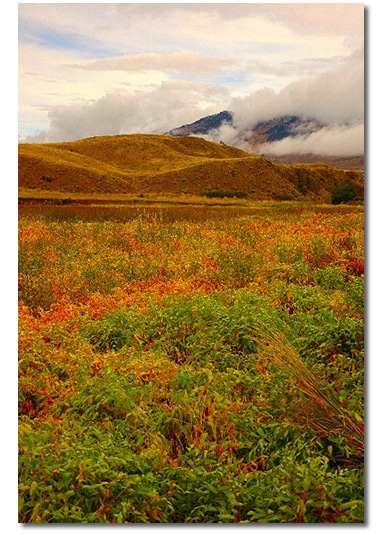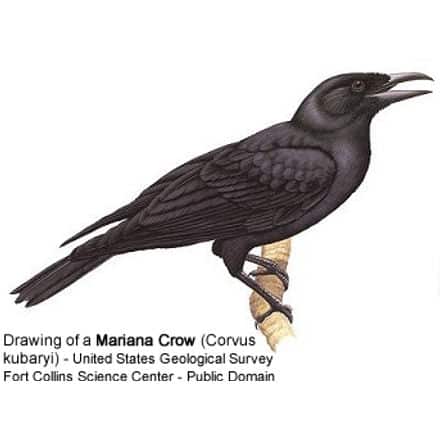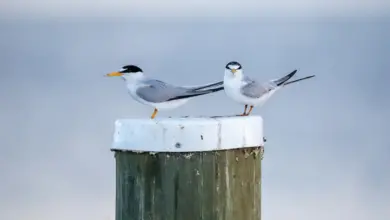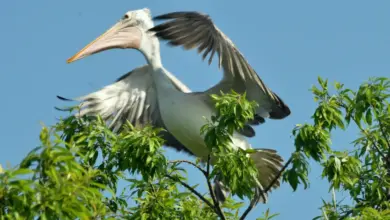Photography: Why You Should Consider Attending a Workshop
In my mind there are several reasons for going on a photo workshop. First and foremost , is that of having and experienced guide….one who can teach you about a specific location that one has an interest and to assure one that they get the most and best images possible from that location. Secondly, to learn and grow as a photographer.
One should be completely focused (no pun intended) on learning as much as possible, even at the expense of missing a great shot. but be secure in the fact that one can return anytime and put what was learned into practice. Learning first should be the main goal, so when one does get to a once in a lifetime destination…..one can say, “I made the most of it.”
PARTICIPANTS
Unless the workshops are a one on one, the other participants will be an interesting group from every walk of life. There will be beginners and there will be individuals with much experience. there will be young and there will be retirees (I try not to categorize as old), but these all are people from which to learn. There will be individuals with no more than a 200 mm lens and there will be people there with 600 mm lens with teleconverters, and many other sorts of gear. Most will be willing to allow a trial of their gear, and by all means if offered take advantage of it.
LEARNING
Classes can vary from sunrise to sunset, and anywhere in between……..Weather would be about the only limiting factor to change that. Usually there are classes in the field and /or in the classroom, and both are equally educational. Some times the instructors also offer Photoshop sessions which a wizard can take a poor image and computer enhance it into a great image.
In the field instruction
Shooting in the field on a workshop allows one to get as much from the shoot as they want to get from it. At one spectrum end, the participants shadow the leaders, so if the leaders says the light is not good here and move , they participants will also see why he is shooting as he/she is. The other end of the spectrum is those who are their to learn about the location and do their own thing.
In most cases the instructors will also be shooting. Make sure they are not so selfishly occupied that they neglect answering questions and offering advise. One can learn a lot about situational awareness ( wind, sky change) at a workshop as well. the instructor should also encourage experimentation in new techniques and interest.
The pace of the workshop should be lots of learning with chances to try that which is taught. If in the field one needs help, don’t be afraid to ask for some personalized attention.
In the classroom instruction
The classroom instruction is not geared for teaching one how to use the camera, but instead how to enhance and better the techniques of creating an image. Having the instructor teach you about your camera is a waste of his time and the time of the other participants.
One of the most valuable tools I have encountered to make me a better photographer is that of having several people critique my work. As long as they are honest, on gets to see how others would have taken that same image and how cropping and or other techniques may have created a better image. It gives me a sense of my own strengths and weaknesses.
Also I personally find slide shows from the instructors, a learning tool as to open my eyes to “seeing” different things and ways.
To watch an image come directly from a camera, and be processed to a prize winner is something to behold too. It is amazing what enhancement can do.
If the reason for not attending a workshop is cost……look at this analogy……Compare the cost of a workshop to the cost of a college course per hour……did the cost of college prevent YOU from getting ahead?
Now sign up for a workshop and enhance the skills possessed…….have fun.
by Ron Toel
Other Articles by Ron Toel:
Choosing the Right Camera … Skyscapes … Landscapes with Animals … Abstract Photography … Close-up Photography … Natural Frames … Nature / Wildlife Photography … Nature / Wildlife Photography … Wildlife Photography from Vehicles … Taking Photos at Zoos … Desert Photography … Photography at Game Farms … Grassland Photograph … Mountain Photography … Wetland Photography … Woodland Photography … The Beauty of Snow and Ice … Geothermal Photography … Stalking Your Targets … Nature’s Calendar … The Color of Light … Twilight Photography … EtiquetteIdeas to Enhance Watching Wildlife … Keeping Your Awareness





